Self Pollinating Plants For Your Veggie Garden
As an Amazon Associate and member of other affiliate programs, I earn from qualifying purchases.
With growing concern over the declining population of pollinators, it’s nice to know which veggies are self pollinating plants and which ones rely exclusively on wind or insect pollinators.
Most of us are familiar with the role that pollinators like bees, wasps, and other bugs have in the process of pollination.
Pollination refers to the transfer of pollen from the male part of the flower, the stamen, to the female part of the flower, the pistil. All plants require pollination to make fruit and seeds.
When insects like bees and wasps visit flowers, their activity facilitates the transfer of pollen within a single flower and from flower to flower.
While the decline of pollinators is a great concern, gardeners can take some comfort in the fact that many plants do not rely on pollinators to set fruit.
Many of your favorite vegetables are self pollinating plants and do not require the assistance of pollinators to make fruit.
Other plants rely primarily on the wind to transfer their pollen from the male and female flower, and some plants are completely dependent on pollinators to transfer pollen from a male to a female flower.
Self-pollinating plants:
Self pollinating plants have complete flowers (i.e. both stamen and pistil in the same bloom) and readily transfer pollen from the stamen to the pistil with even the gentlest breeze. Pollinators that visit these flowers will facilitate pollination and can improve the yield per plant.
However, pollinators are not required to make fruit on these plants. In fact, if you are concerned about a lack of pollinators in your garden, you can replicate their action by gently tapping the stems or brushing against the plants as you walk by.
- Tomatoes → Learn about growing tomatoes
- Eggplant
- Peppers
- Legumes: beans, peas
- Okra
Plants that can use the wind to pollinate their flowers:
These plants require either wind or pollinators to move pollen from the stamen to the pistil. They may have complete flowers or separate male and female flowers.
- Strawberries
- Corn → Learn about growing corn
- Wheat
- Oats
Plants that are not usually grown for their flowers or seeds:
These plants are grown for their roots or leaves and do not need to be pollinated unless you want to save seed.
- Potatoes
- Carrots
- Onions
- Garlic
- Lettuce
- Broccoli → Learn about growing broccoli
- Cauliflower
- Brussel sprouts
- Herbs like rosemary, basil, oregano, mint, thyme, etc
Plants that require insect pollinators:
The following plants have separate male and female flowers and require pollination by insect pollinators to make fruit.
- Watermelon
- Squash → Learn about growing squash
- Pumpkins
- Cucumbers
- Blueberries
- Raspberries
- Blackberries
- Apples
- Pears
- Plums
While we should be concerned about the overuse of pesticides and the effect it has on pollination of food crops, this list is meant to alleviate some fears about growing food in an area where there are not many insect pollinators.
Even though we don’t necessarily need the bees for these crops, we should encourage them to come visit our plants. Pollinators can improve the quality and quantity of produce that you get from your garden.
Read about attracting pollinators to your garden:
10 Ways To Attract Bees To Your Garden
5 Strange Ways To Attract Pollinators To Your Yard


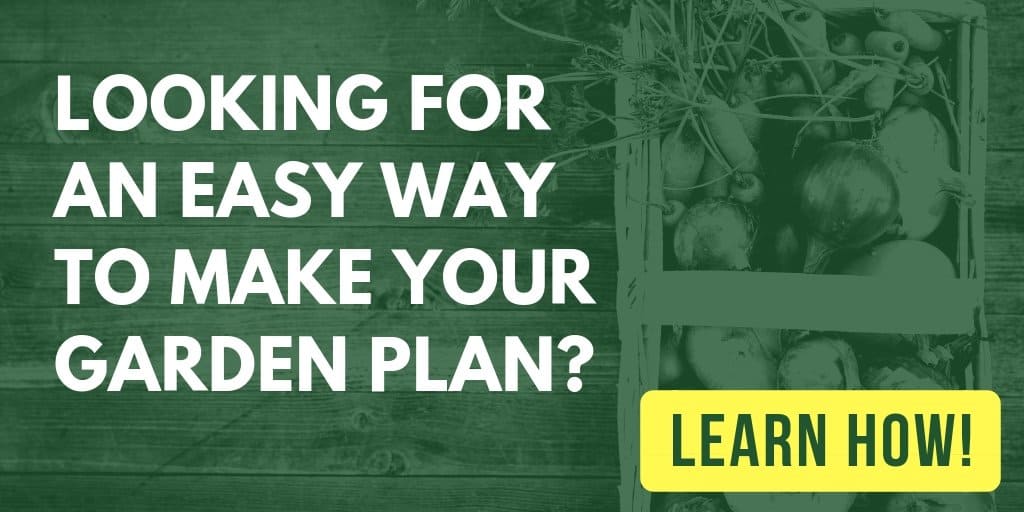
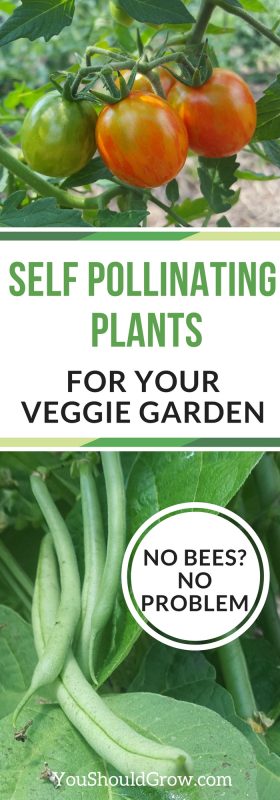
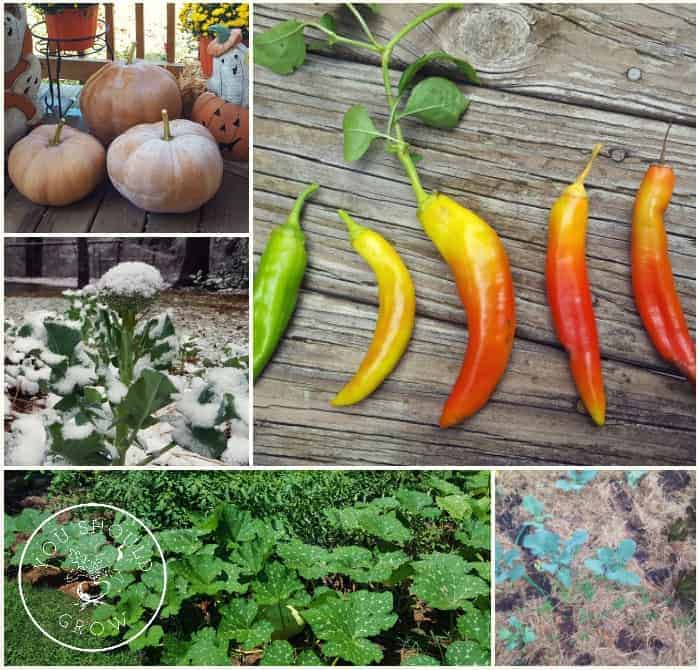
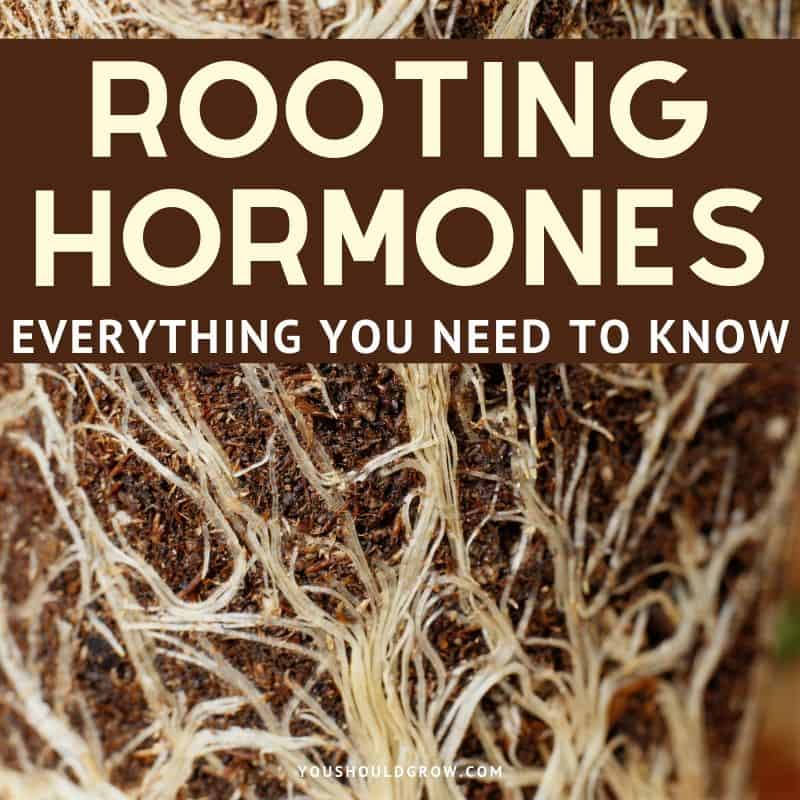
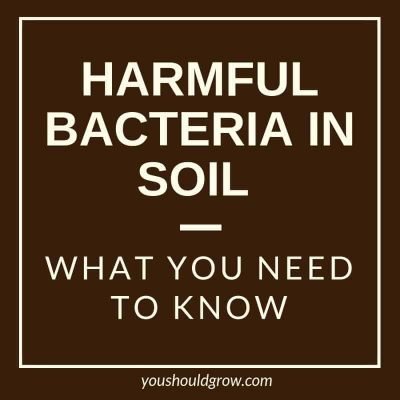
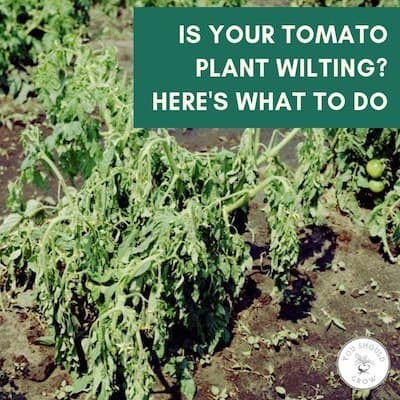
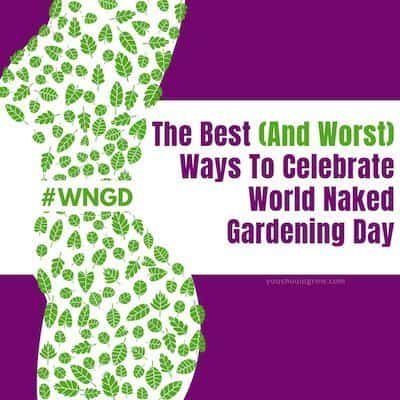
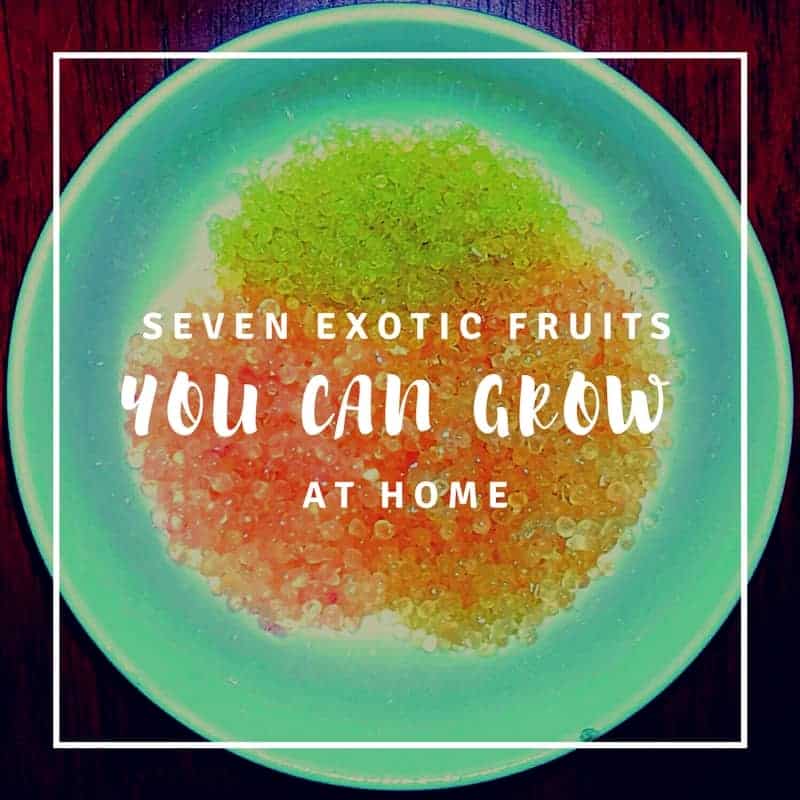
There are several varieties of zucchini that are parthenocarpic and set fruit without pollination. Check out some research trials online and you can find several varieties that do quite well without pollinators.
Good to know!
Can you take the male flower off the plant, and rub the stamen on the female flower?
Hi, Scott! Yes, you can hand pollinate. However, it is not necessary with self pollinating plants as the male and female parts are within the same flower.
I plan to use a q- tip to help pollunate my zucchini out next summer. Beautiful yellow flowers then they died off.
Hi, Gail! Zucchini flowers are indeed lovely! Zukes are not self pollinating plants and do need to be pollinated by hand or insects. Good luck!
I am currently growing self pollinating zucchini under cover (to protect from quash bugs & vine borer) with great success. Partenon Organic (F1) 2713G at
johnnyseeds.com
I am trying to grow radishes, do they need to be pollinated in order to produce seed?
Hi Natalie! In order to get seed from radishes, simply leave them planted until they go to flower. Let the flowers dry and collect the seeds from the open pods. You do not have to pollinate them yourself.